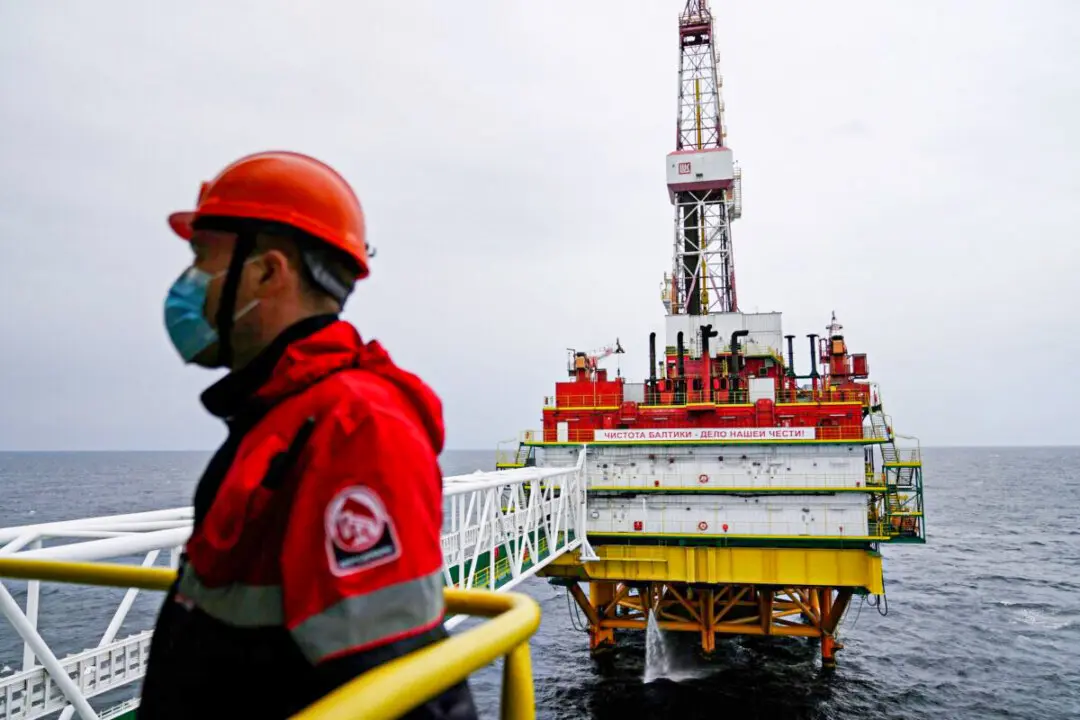Russia’s Deputy Prime Minister Alexander Novak said that Moscow will ban exports of oil and other petroleum products to countries that impose a cap on the price of Russian crude.
Novak made the remarks to reporters in Moscow on Sept. 1, according to Russian state media Tass, which came as Western powers were preparing to meet on Sept. 2 to agree on a Russian oil price cap.





